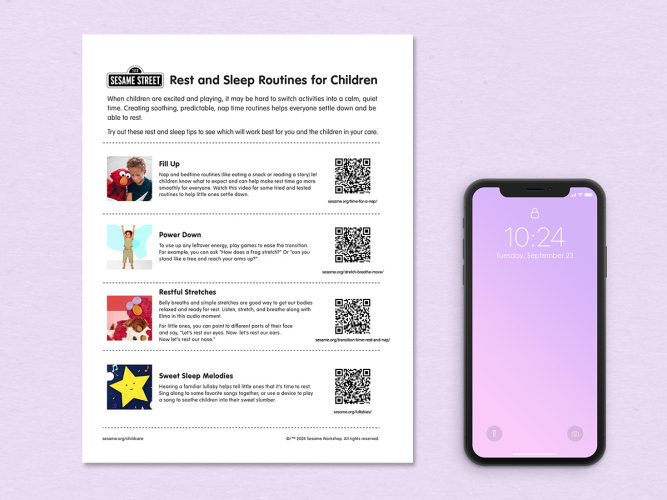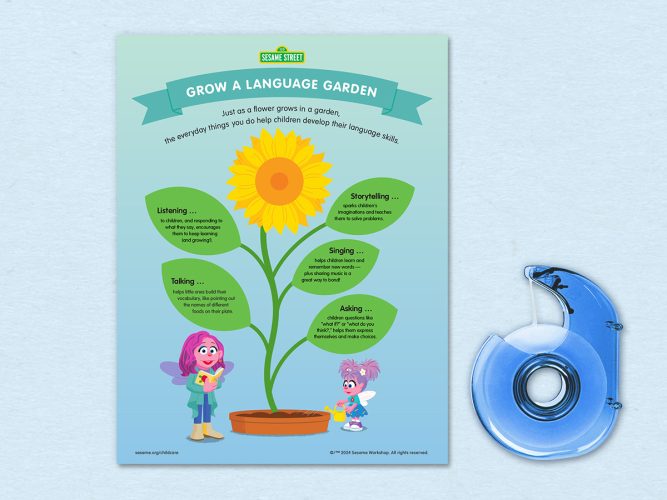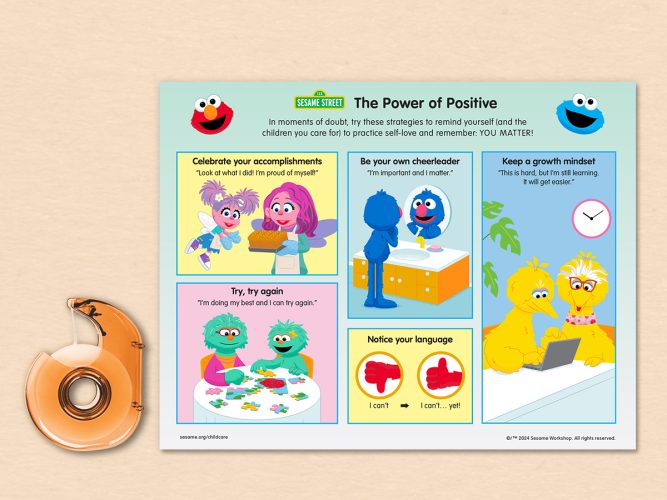
Planning Our Days: Creating Schedules for Children
Planning ahead can help you be intentional about the learning of the children in your care!
The years of early childhood are full of opportunities for learning and growing. By planning your days, weeks, and even months, you can be more intentional about the ways that you support the “whole” child (or children) in your care. It’s okay if things don’t go perfectly to plan every time, but creating structure helps children build the skills they need to succeed, now and in the future. Plus, it can give you time back for yourself!
Monthly Schedules
- Using this printable page, start by mapping out a theme for the month. This could be connected to the seasons, weather, holidays, or something else that children seem interested in. For example, if you notice that children love to talk about or look for animals outside, consider a topic or theme built around that, for example: Nature in Our Backyard! The more you lean into children’s natural curiosities, the more likely they will be to engage and learn.
Weekly Schedules
- After choosing your monthly theme, break each week into a smaller topic. Using the Nature in Our Backyard example, you could divide out your weeks like this:
- Week 1: Birds
- Week 2: Plants and Trees
- Week 3: Animals
- Week 4: Where We Live
- Within each week, consider books, songs, art projects, foods, loose materials, and even science experiments you can build into your weekly themes. You might find yourself reading the same book or singing the same song every day for a week, and that’s okay! Children thrive on repetition and routine.
Daily Schedules
- Consider the routines throughout your day — like drop-off, toothbrushing, mealtimes, or rest time. In each of these moments, there are opportunities for you to guide children to build social-emotional and physical skills, and even resilience. For example, children build fine motor skills when they do art projects like coloring or painting. They build social-emotional skills when they learn to talk about their feelings. Try using the Lesson Planning Practice printable page to brainstorm different ways to incorporate these learning moments into your days.
Finally, think about the ways you can include parents and other caregivers in your planning! They may have materials, books, life skills, special stories, or other things to contribute.

Cultural Connections through Family Engagement for Building Stronger Bonds

Mindful Caregivers
Practicing mindfulness is a great way to slow down and reset.

Tracking Child Development: A Caregiver’s Guide
Keeping track of milestones and going to routine screenings helps children stay healthy and thriving.

Routines to Help Children Rest and Sleep
Soothing, predictable, nap and bedtime routines can help children settle down for rest.

Growing a Language Garden: Everyday Language Development
A reminder of the simple things you do every day that nurture children’s language skills.

The Power of Positive
Gentle reminders for practicing self-kindness and compassion.

The Heart of Communities: Supporting and Celebrating Family, Friend, and Neighbor Caregivers
